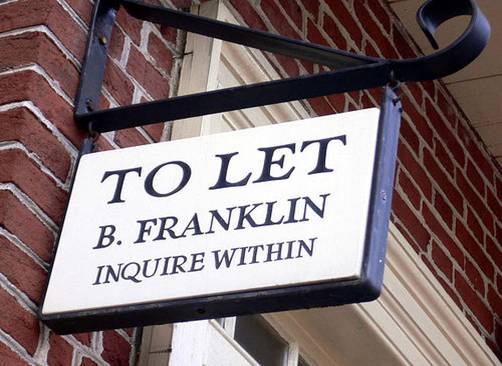Why does the UK have such an obsession with buying rather than renting property?
As the saying goes ‘an Englishman’s home is his castle’. And only in the UK with its obsession with owning your home could such a thing be said. On continental Europe and even in America, owning your own home is for the few with the majority choosing to rent.
The rise in home ownership in the UK has risen inexorably since the Second World War with more than 70% of all adults now owning their own home. And this level of home ownership has important implications for society, for the economy, for politics and even for dinner party conversations.
Why is this?
 Post war across Europe many countries invested in large stocks of low cost rented housing built in response to the needs of the growing post war population. In the UK this was in the main delivered through the State via local councils with further contributions from a variety of agencies such as churches, charities and the trade unions in addition to local government. Across Europe, state and social housing remains a very large and important alternative to home ownership.
Post war across Europe many countries invested in large stocks of low cost rented housing built in response to the needs of the growing post war population. In the UK this was in the main delivered through the State via local councils with further contributions from a variety of agencies such as churches, charities and the trade unions in addition to local government. Across Europe, state and social housing remains a very large and important alternative to home ownership.
The UK provided incentives through the tax system to encourage home ownership, putting faith in private investment to meet the housing needs of the population. Mortgage interest tax relief was a staple of the tax system until the 1990s when it was eventually abolished but its effect was to undermine the development of the rental sector as an alternative to home ownership.
Since the war, little attempt has been made to encourage a substantive private rental sector as an alternative to rental properties provided by local government. Indeed there has been a deliberate policy to eliminate investment in a low cost rental alternative in contrast with many other countries.
This tendency in encouraging home ownership and failing to support the rental sector was exacerbated in the 1980s with the policy of selling off council homes at very low cost to their tenants, greatly increasing the levels of home ownership in the UK and significantly reducing the volume of property available for rental.
This lack of supply of a low cost alternative to home ownership and the tax benefits arising from investing in property are at the heart of the UK’s obsession with home ownership but it has been supported and strengthened by the widespread availability of cheap mortgages through building societies, institutions traditionally established as mutuals to help people buy their own homes. This has provided the low cost means to assist people into owning their own property.
And once owning a property becomes the societal norm it becomes the aspiration for all. As the first and second generation of home owners pass on their properties to subsequent generations, the means to invest in property becomes greater and the incentive to invest in the rental sector diminishes.
So there you have it: a perfect virtuous, or economically vicious, circle. And the obsession goes on: it seems that for some time yet we will be talking house prices at our dinner parties.
Written by Ruben Martinez
You can follow any responses to this entry through the RSS 2.0 feed. Both comments and pings are currently closed.
